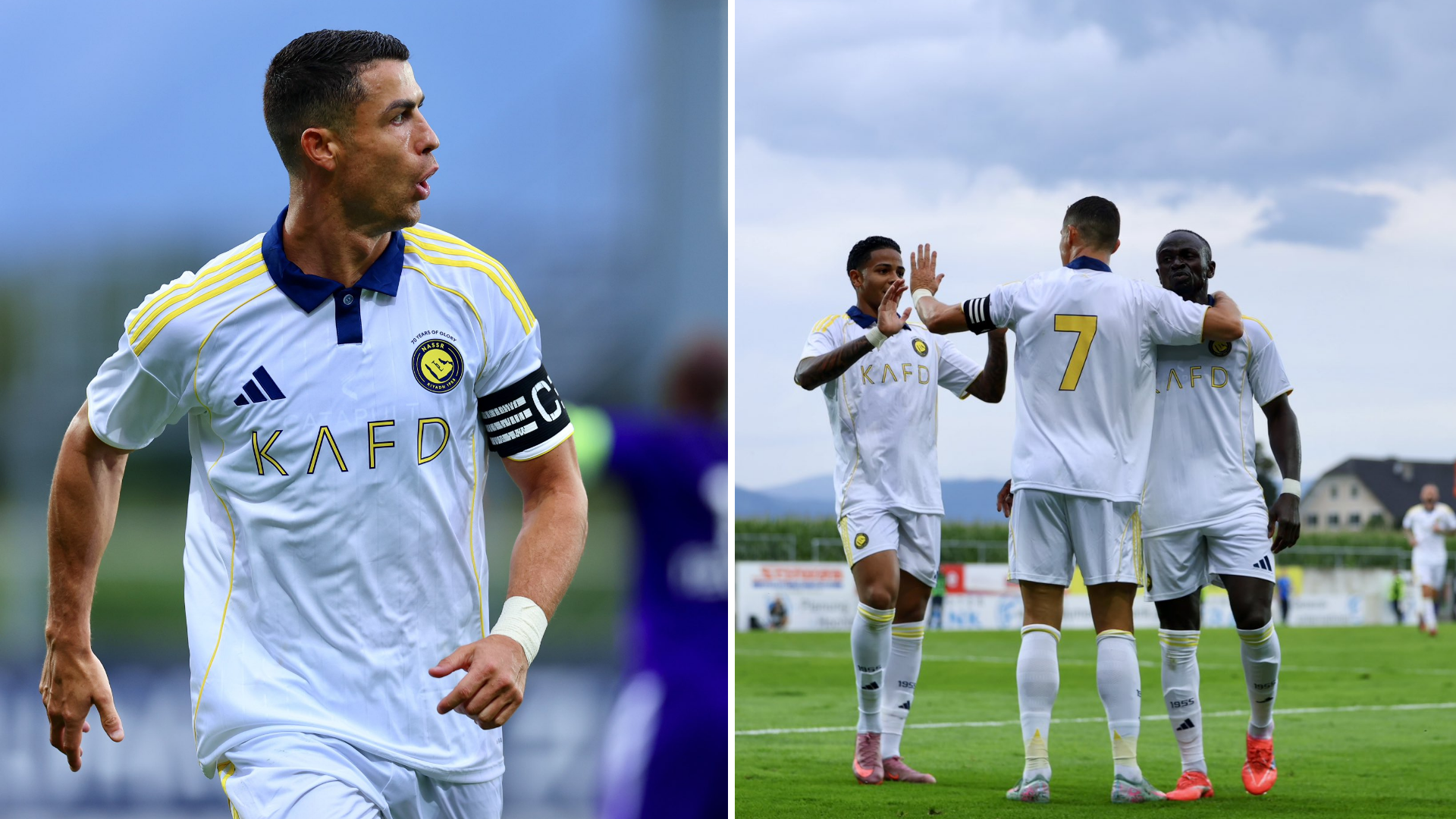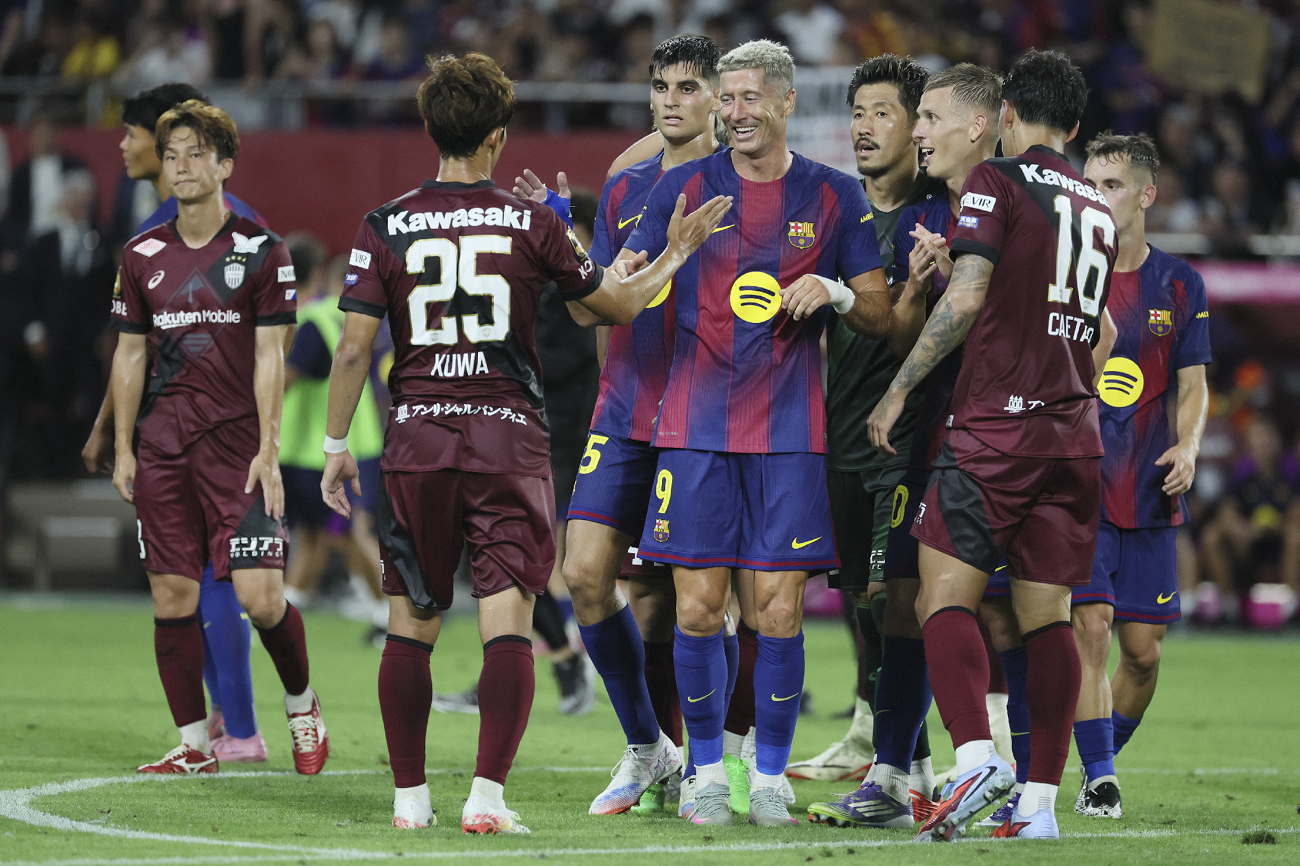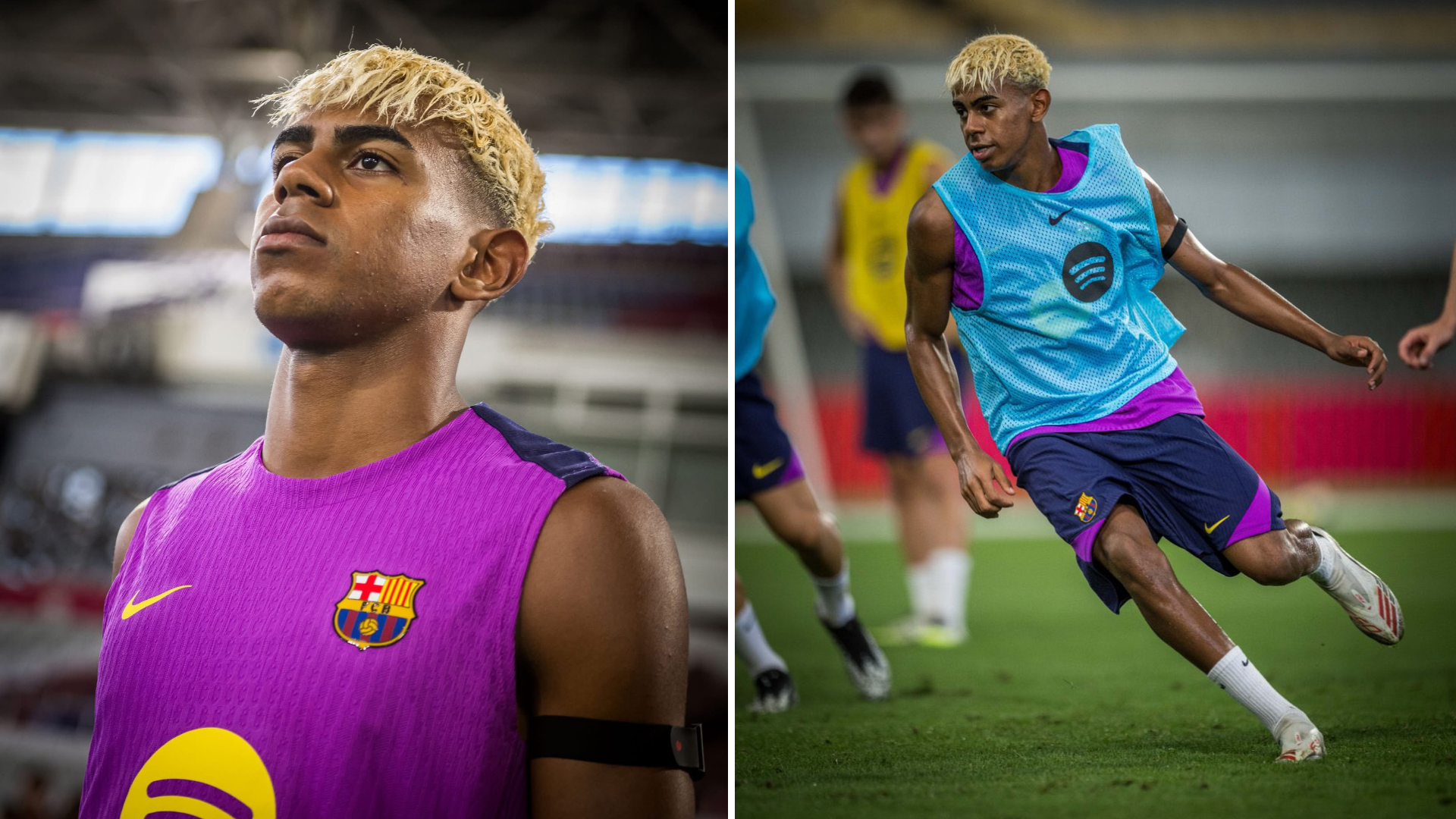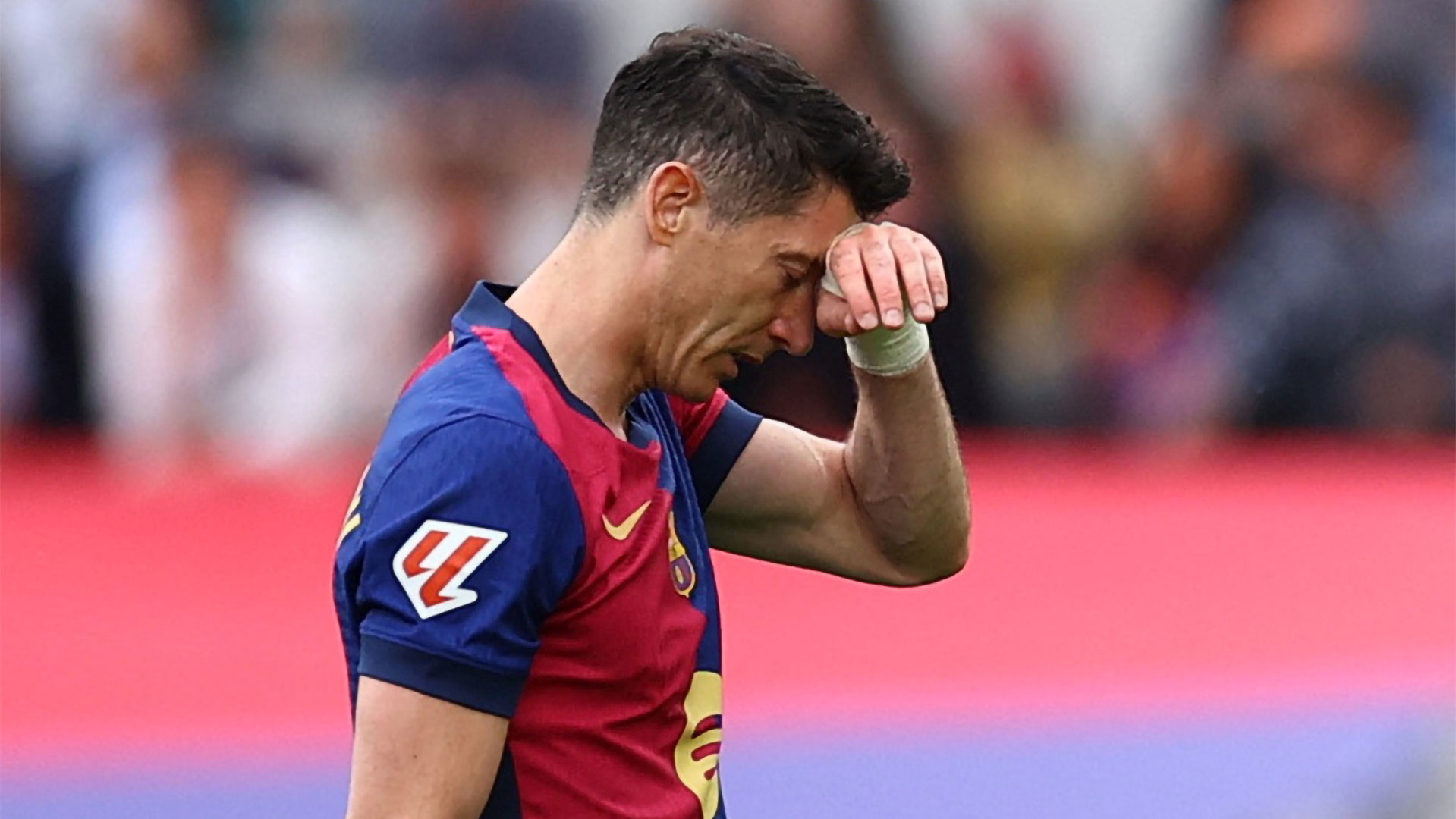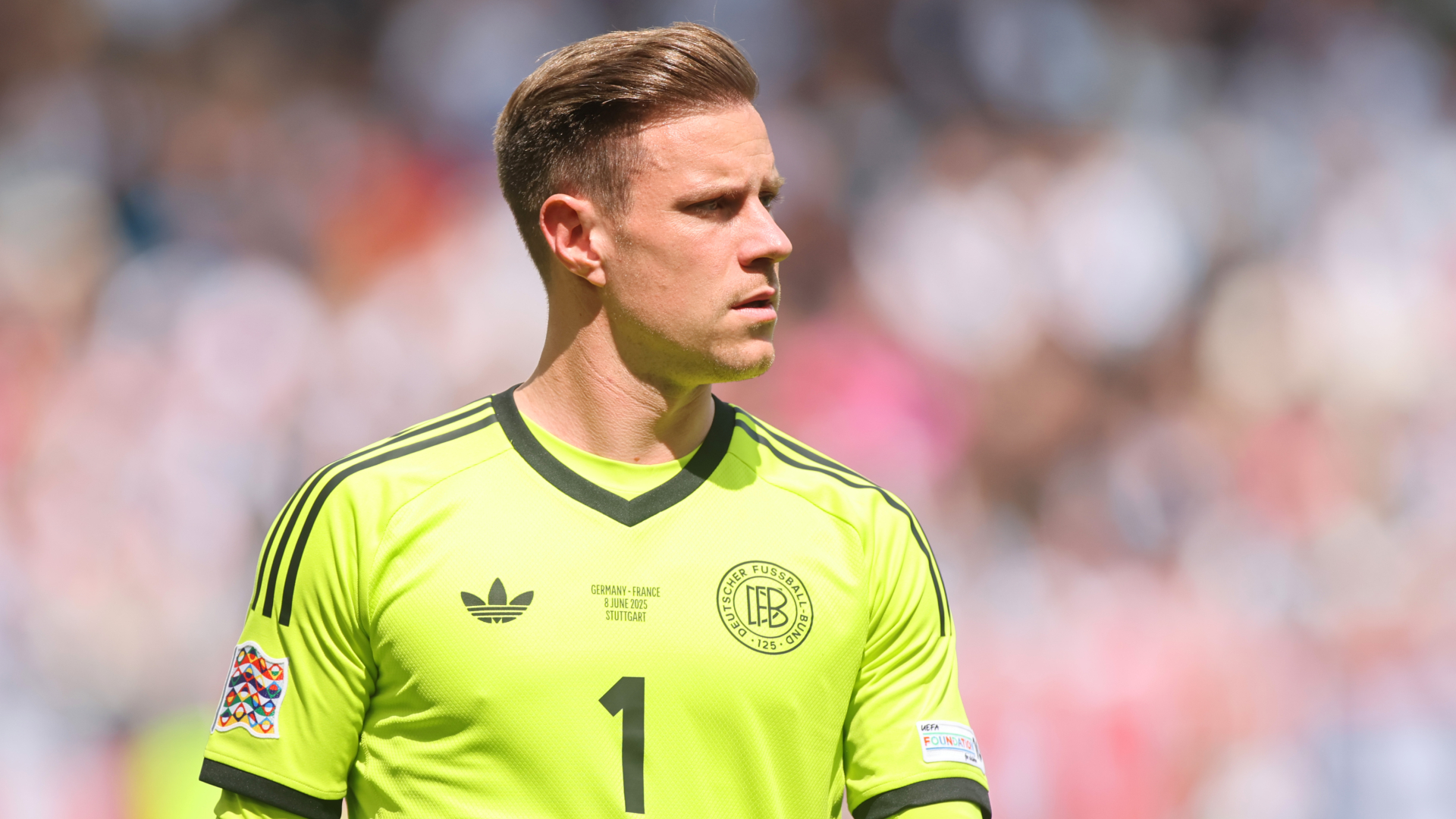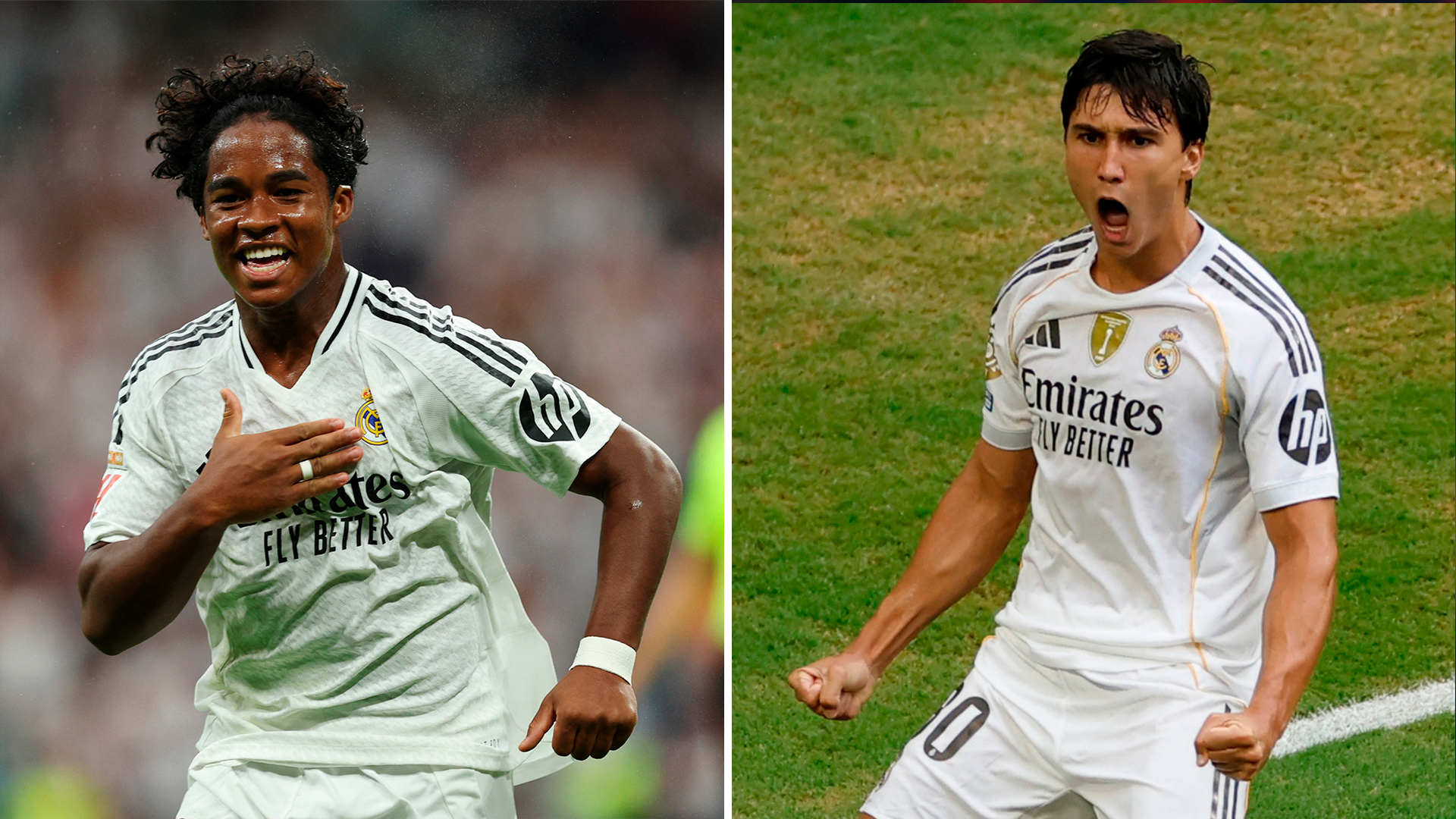Barcelona's Jersey Controversy: Players Complain for an Unexpected Reason
The extreme heat and high humidity in South Korea have not only forced FC Barcelona to modify their training routines but have also sparked an unexpected controversy within the squad. Players from the Catalan side have voiced their discomfort with the new training shirts, whose material has caused widespread discontent.
According to reports following their first session in Asia, the fabric of the jerseys does not hold up well against excessive sweat: it quickly becomes soaked and gains significant weight, making it uncomfortable for the players during exercises. The issue has been brought up by key squad members like Raphinha, who even compared the situation with other teams using the same supplier — such as CBF — who are not experiencing the same problem.
This complication adds to the intense heat that has forced the coaching staff to implement more hydration breaks and adjust the intensity of training. While it may seem like a minor issue, the discomfort caused by the uniforms could become a pressing matter if it persists in upcoming matches or official events.
Barcelona Partners with the Democratic Republic of Congo: A Deal Beyond Football
Amid this controversy, the Catalan club has also taken a major step off the pitch. On Wednesday, Barcelona and the government of the Democratic Republic of the Congo (DRC) announced a four-year strategic partnership aimed at promoting sports, culture, and peace in the African nation.
The collaboration includes the implementation of Barça Academies in the DRC, where children and teenagers will participate in sports camps, clinics, and structured activities. In addition, the Barça Innovation Hub will provide training for local coaches based on the club’s methodology, focusing on technical development and sports science.
One of the most striking aspects of the deal is that all of Barcelona’s professional teams will wear the 'RD Congo-Coeur de Afrique' emblem on their training jerseys through the 2028-29 season. Moreover, the new Espai Barça will feature a “DRC House,” an immersive exhibition dedicated to showcasing the country’s cultural and sports heritage.
Although the official figures have not been disclosed, various sources report that the agreement will bring in around 44 million euros over the four years. Clubs like AS Monaco and AC Milan have also signed similar sponsorship deals recently with the Congolese government.
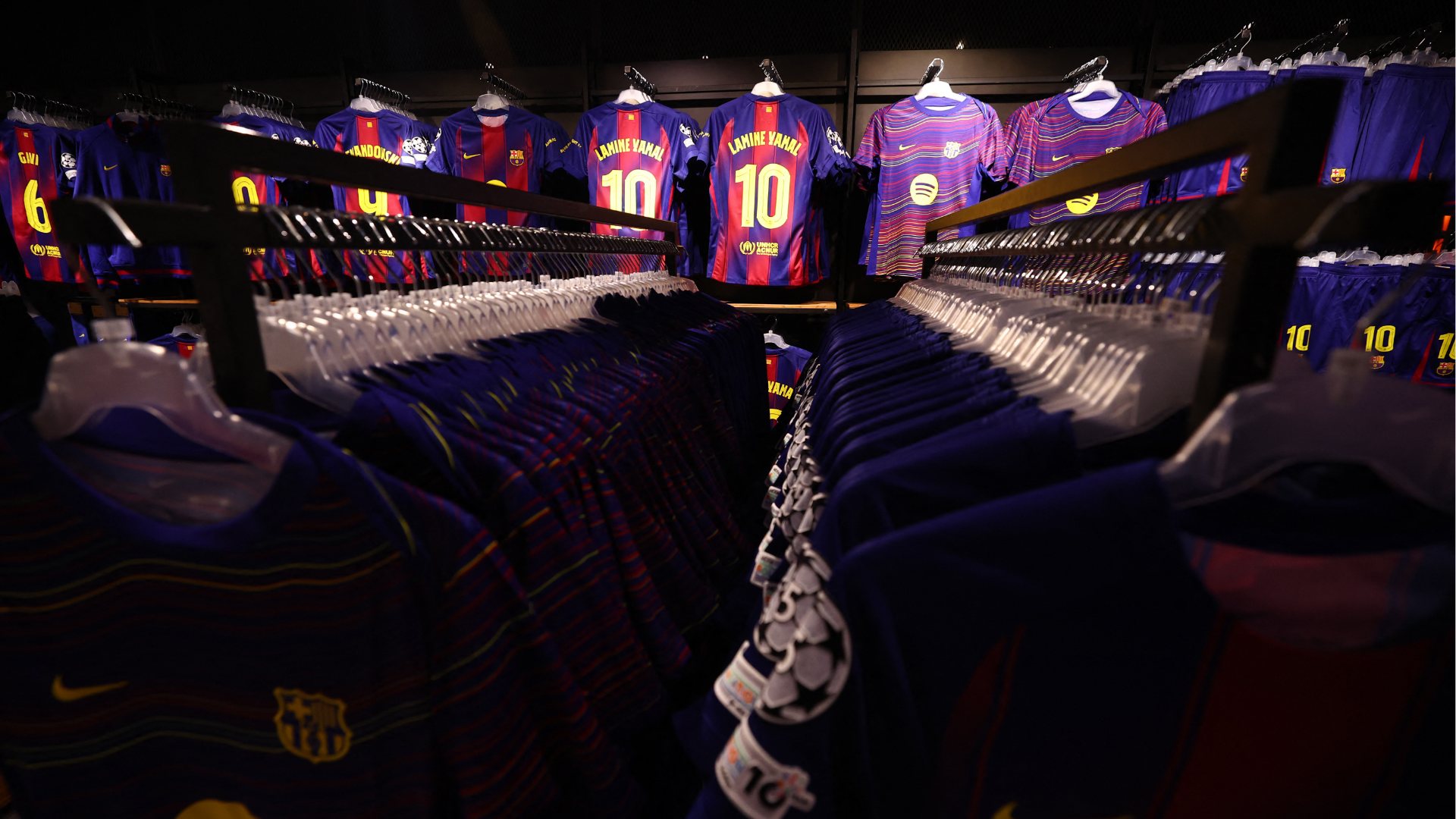
Thus, while the club tackles internal discomfort over their gear, they continue to strengthen their global image through partnerships that look toward the future.










